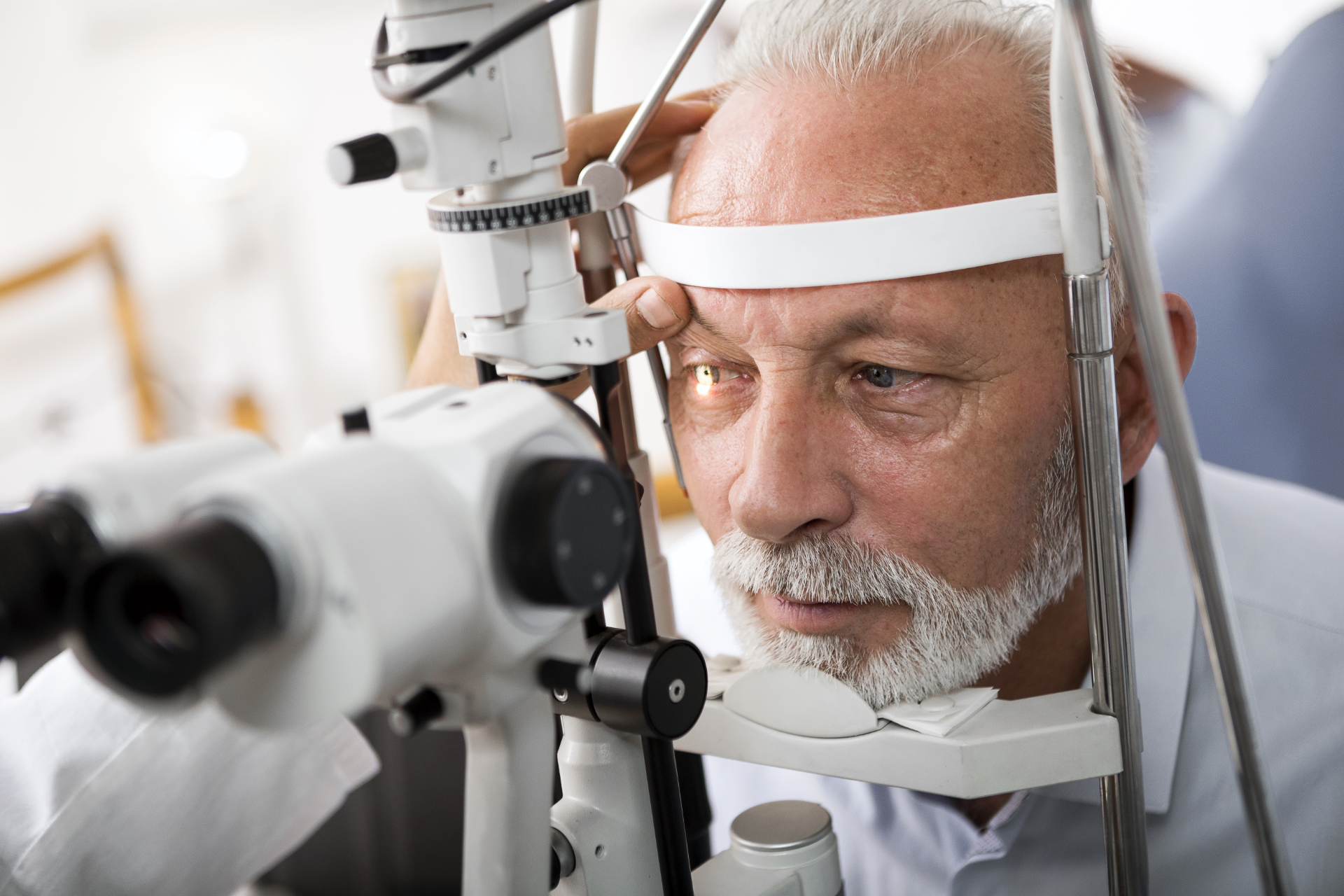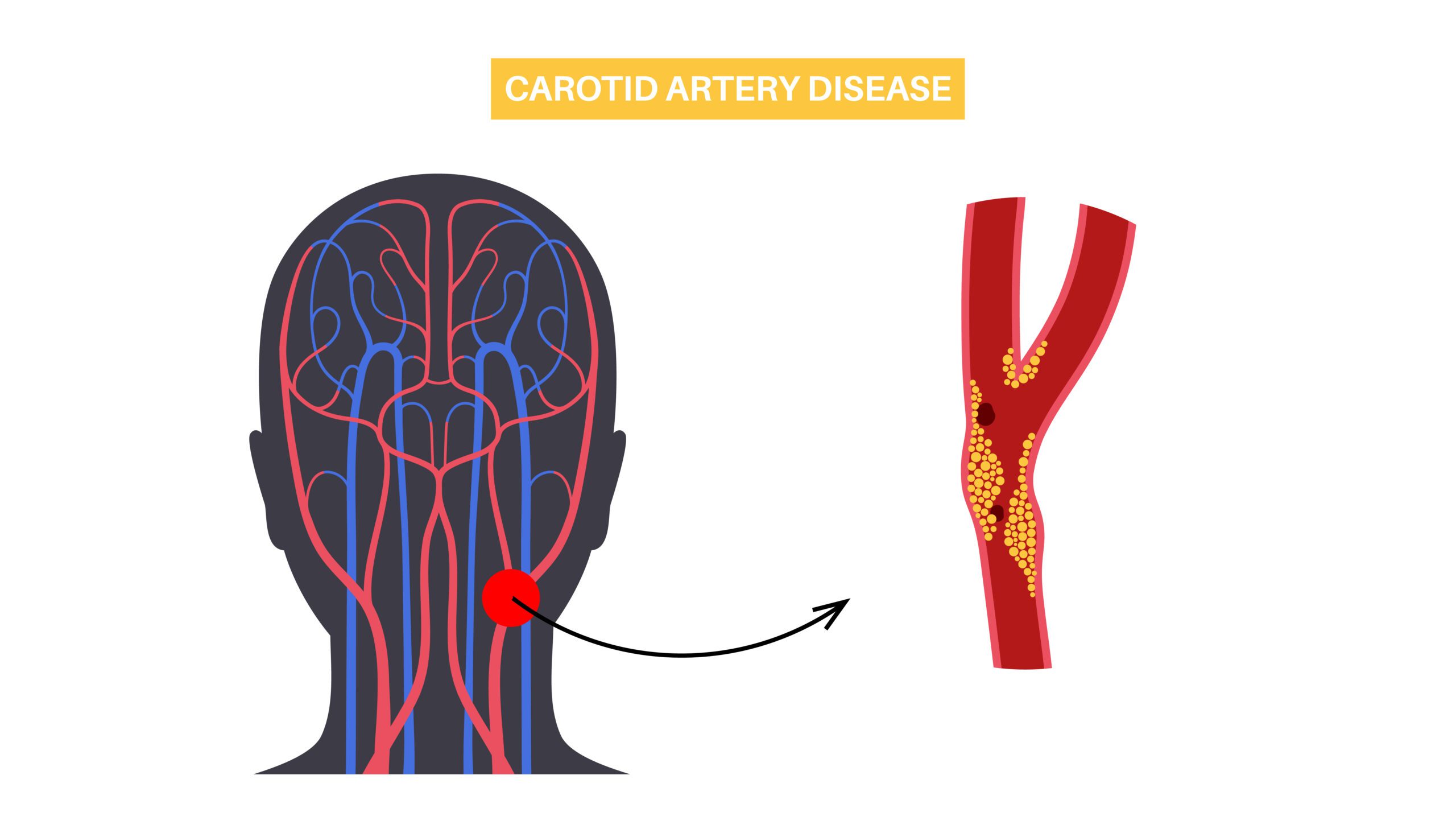
Health News
Features
-
A How-To for a New, Improved You
Elaine Thompson, Others to Speak at Southeastern University Seminar by REBEKAH PIERCE Southeastern University is gearing up to kick off the new year with its inaugural “SEU Presents” event series. The first event, “A New Year, A Happy & Healthier You,” will be held January 5 from 8 a.m. to 12:45 p.m. at the Lake…
-
Confident & In Control
Bariatric Surgery Helps Poinciana Educator Start a New Chapter by Ryan Milejczak A new year means a new opportunity to become a better you. And if you ask a room full of people what changes they’d like to make in their lives, the most common answer will almost certainly be some version of “lose weight.”…
-
Pop Quiz: Cracking the Code on Hunger
If you’ve made resolutions this New Year, statistics say that one of those resolutions is likely about losing weight and eating healthier. Unfortunately, reports show that not even 10% of resolutions are kept by the end of January! One reason for giving up on resolutions to lose weight is many people don’t understand the science…
Columns
-
Why Examine a 20/20 Eye?
by THOMAS HEGLAND, O.D. I have friends and strangers state, “I have perfect 20/20 vision without glasses or contacts, why do I need a regular eye exam?” Our exams can discover other issues besides the condition of your vision. Beginning, from front to back, with the eyelids. Florida sunshine can have a very detrimental effect…
-
April Is Sports Eye Safety Month – Protect Your Vision on the Field & Court
by the Eye Specialists of Mid-Florida Eye Care Team Did you know that 30,000 people are treated for sports-related eye injuries each year? According to the American Academy of Ophthalmology, these injuries are becoming more common, making eye protection more important than ever. Which Sports Cause the Most Eye Injuries?While many sports pose a risk,…
-
Medical Management and Treatment of Carotid Stenosis
Let’s talk about medical management of carotid stenosis. Risk factors for carotid artery stenosis are advanced age, hypertension, diabetes mellitus, high cholesterol levels, obesity, lack of exercise, smoking, and family history of strokes. Most of these factors can be managed by medications and lifestyle changes that include active exercise for 30 minutes or so on…





